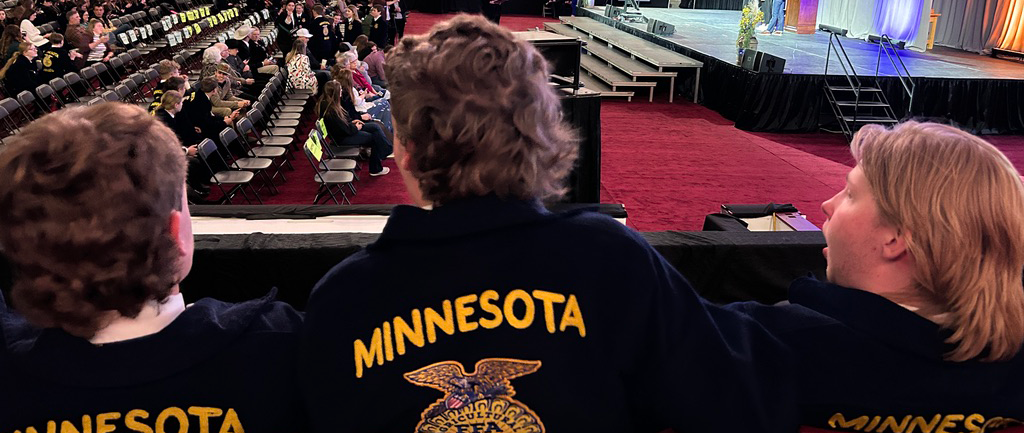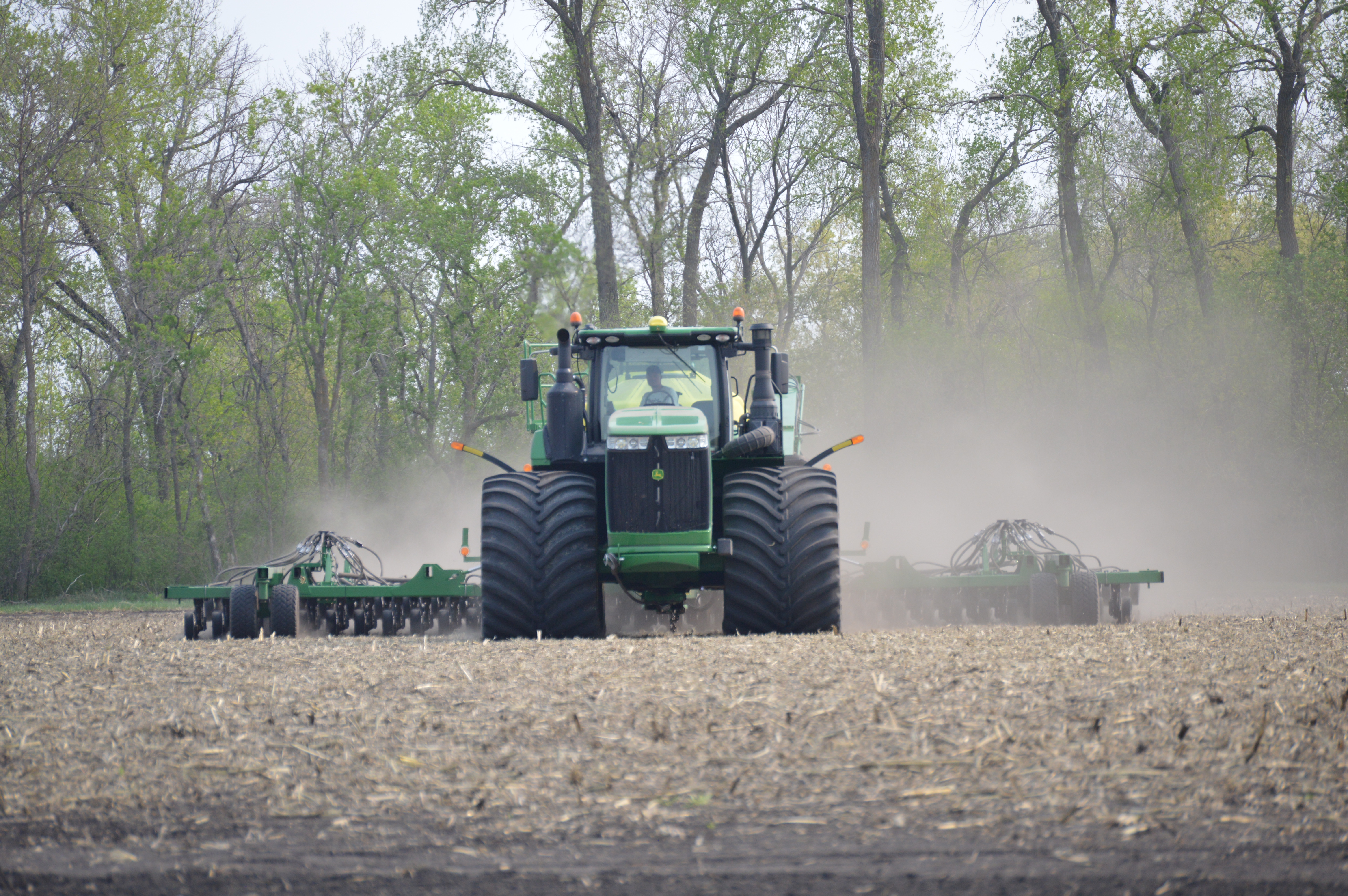Each year researchers, soybean farmers and industry partners meet at the Soybean Symposium hosted by the Agronomy and Plant Genetics department of the University of Minnesota (UMN) and the Minnesota Soybean Research & Promotion Council (MSR&PC).
More than 60 stakeholders gathered at the Minnesota Landscape Arboretum in Chaska, Minn., to hear updates on the current state of Soybean Cyst Nematodes (SCN) and discuss the future of breeding and management of SCN.
The day started with Dr. Seth Naeve, soybean agronomist, highlighting information gathered from a farmer survey administered in 2015 by a third party firm on behalf of Syngenta. The survey provided insight into the understanding growers have on SCN and what management practices are utilized in response to SCN infestations.
A panel discussion on the topic of breeding and new sources of resistance for SCN followed. Panelists Dr. Nevin Young, Dr. Jim Orf, Dr. Aaron Lorenz and Dr. Senyu Chen addressed the impact and future of soybean breeding. Dr. Lorenz highlighted promising developments in novel genes that show a resistance to SCN, which are currently in regional trials.
After lunch, Iowa State University Plant Pathology and Microbiology Dr. Greg Tylka, provided a keynote address where he talked about the impacts and potential future of improving yield in SCN resistant varieties of soybeans.
Another panel focused on managing agronomic factors, including rotation, tillage and different treatments. Dr. Bruce Potter, Dr. Chen, Dr. Naeve, Dr. Tylka and Dorian Gatchell, crop consultant, took questions from the crowd about what agronomic practices better manage SCN.
Tylka explained what the initial infestation of SCN looks like and how northern and western Minnesota are experiencing surges in population number, but those numbers start to even out as mother nature and the crop react. He also stressed the biggest influence on SCN damage depends on the environment.
“Soybean Cysts Nematodes don’t do well in cool, wet conditions,” Tylka said. “Soybean Cyst Nematodes are most destructive in warm, dry seasons.”
Dr. Potter also explained the impact SCN has on other pests and diseases in a field including Iron Deficiency Chlorosis and aphids.
“SCN can make other problems in a field worse,” Potter said.
The final discussion looked at the impact of alternating SCN resistant and susceptible varieties throughout cropping systems as a management practice. Recommendations for farmers included talking to seed dealers and knowing each varieties source of SCN resistance in order to better manage populations.
Events like the Soybean Symposium provide a platform for growers, consultants and scientists to come together and discuss agronomic issues affecting soybean production. This event was sponsored by the soybean checkoff.
Tags: SCN, Soybean Cyst Nematode






